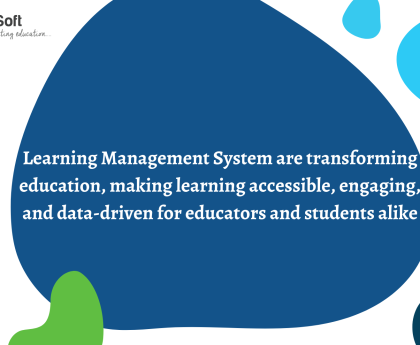Introduction
Business Analysis is one of the most dynamic and expanding fields that play an important role in helping organizations navigate the complexities of the modern business environment. Not only this, as businesses strive to remain competitive and innovative, the role of business analysts (BAs) becomes increasingly important. In fact, they are tasked with identifying business requirements, determining solutions, and driving change initiatives. In recent years, numerous trends have emerged in the Business Analysis Online Training, reflecting advancements in technology, methodologies, and the changing nature of work.
Let’s now move ahead, and know the latest trends shaping the field of business analysis and how they are influencing the role of business analysts.
Latest Trends in Business Analysis
Emphasis on Agile and Lean Practices
One of the most significant trends in business analysis is the widespread adoption of Agile and Lean methodologies. These practices prioritize flexibility, customer collaboration, and iterative development, enabling organizations to respond quickly to changing market conditions and customer needs.
-
Agile methodologies, such as Scrum and Kanban, have transformed the way business analysts work. BAs now focus on delivering incremental value through continuous collaboration with stakeholders and cross-functional teams. Agile emphasizes adaptive planning and frequent reassessment, allowing BAs to refine requirements and ensure alignment with business goals.
-
Lean principles aim to eliminate waste and optimize processes. In business analysis, this translates to streamlined requirements gathering, prioritizing high-value features, and minimizing non-essential activities. BAs are increasingly adopting Lean techniques to enhance efficiency and deliver maximum value with minimal resources.
Integration of Artificial Intelligence and Machine Learning
Artificial intelligence (AI) and machine learning (ML) are revolutionizing various industries, and business analysis is no exception. These technologies are enabling BAs to derive deeper insights, automate routine tasks, and enhance decision-making processes.
-
AI and ML algorithms can analyze vast amounts of data to uncover patterns, trends, and correlations that might not be apparent through traditional analysis methods. BAs can leverage these insights to make more informed decisions and provide strategic recommendations.
-
AI-powered tools can automate repetitive tasks such as data collection, report generation, and even some aspects of requirements gathering. This allows BAs to focus on more strategic activities, such as stakeholder engagement and solution design.
-
Predictive analytics uses historical data to forecast future trends and outcomes. BAs can use predictive models to anticipate market changes, customer behaviour, and potential risks, enabling proactive rather than reactive decision-making.
Growing Importance of Customer Experience
In today’s customer-centric business environment, understanding and enhancing the customer experience (CX) is paramount. Business analysts are increasingly tasked with ensuring that solutions meet customer needs and provide a seamless user experience.
-
BAs are using customer journey maps to visualize the end-to-end customer experience. These maps help identify pain points, opportunities for improvement, and key touch-points where businesses can enhance customer satisfaction.
-
The focus on CX has led to greater collaboration between BAs and UX/UI designers. BAs are involved in user research, usability testing, and prototyping to ensure that solutions are intuitive, user-friendly, and aligned with customer expectations.
-
Collecting and analyzing customer feedback is becoming a critical aspect of business analysis. BAs use VoC data to understand customer preferences, identify areas for improvement, and drive customer-focused innovation.
More Focus on Continuous Learning and Development
The consecutively changing business landscape requires BAs to continuously update their skills and knowledge. There is a growing emphasis on continuous learning and professional development in the field of business analysis.
-
BAs are pursuing certifications such as Certified Business Analysis Professional (CBAP), Agile Analysis Certification (AAC), and Project Management Professional (PMP) to enhance their credentials and stay current with industry best practices.
-
BAs are adopting a mind-set of continuous improvement, regularly seeking feedback, and reflecting on their work to identify areas for growth. This involves staying updated with the latest trends, tools, and methodologies in business analysis.
Conclusion
The field of Business Analytics Courses in Delhi is genuinely evolving rapidly, driven by technological advancements, changing business needs, and a focus on delivering value. Agile and Lean practices, AI and machine learning, customer experience, digital transformation, strategic thinking, enhanced collaboration, and continuous learning are some of the key trends shaping the future of business analysis. By keeping up with these trends and adapting to new challenges, business analysts will continue to play a vital role in helping organizations achieve their goals and drive meaningful change.





